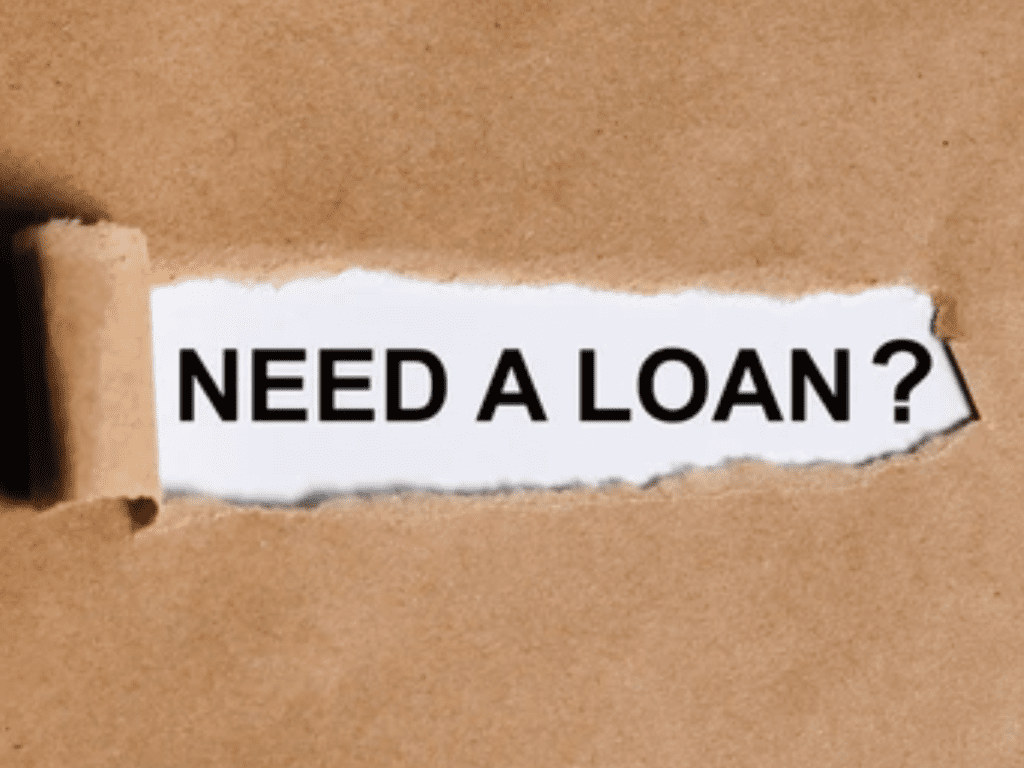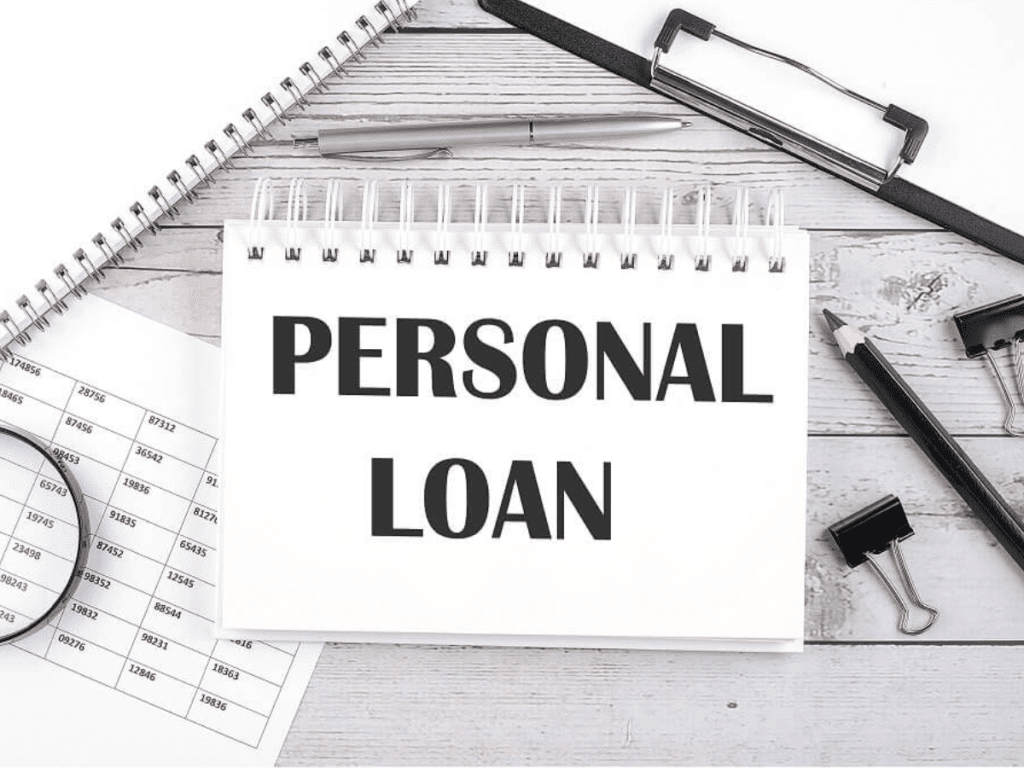Introduction
Emergencies are unpredictable events that often come with a financial burden. Whether it’s a sudden medical emergency, a car breakdown, an urgent home repair, or an unexpected job loss, these situations can cause significant stress, particularly when financial resources are limited. When faced with such a dilemma, many individuals may consider taking out a personal loan to cover the immediate costs. However, before diving into this decision, it’s crucial to understand the advantages, disadvantages, and alternatives to ensure that a personal loan is indeed the right choice for your emergency situation.
What Is a Personal Loan?
A personal loan is an unsecured loan provided by a bank, credit union, or online lender. Unlike mortgages or auto loans, which are tied to specific assets, a personal loan does not require collateral. Typically, personal loans are used for various purposes, such as debt consolidation, home renovations, and emergency expenses. They are generally offered with fixed interest rates and predetermined repayment terms, usually ranging from two to five years.
In an emergency situation, you may find that a personal loan is an attractive option because of its simplicity and quick approval process. Many lenders allow you to borrow amounts from a few thousand dollars to tens of thousands, depending on your creditworthiness, and the funds can be available in as little as a day or two.
The Pros of Using a Personal Loan for Emergencies
1. Quick Access to Funds
One of the biggest advantages of a personal loan is the speed at which you can access the funds. In times of financial emergency, waiting for approval through traditional channels like credit cards or savings may be too slow. Many personal loan lenders offer expedited approval processes, meaning you could receive the loan amount in your bank account within 24 to 48 hours after application.
For emergencies, this quick turnaround is often crucial. Whether it’s paying for urgent medical treatment or repairing a broken down vehicle so you can get back to work, a personal loan can offer a solution in a timely manner.
2. Fixed Interest Rates and Predictable Payments
Unlike credit cards, which can have variable interest rates, many personal loans come with fixed interest rates. This means the rate will remain constant for the duration of the loan, making it easier to budget and plan for repayments. Fixed-rate loans can provide peace of mind knowing that your monthly payments won’t change unexpectedly.
Additionally, personal loans typically have set repayment terms that span from two to five years. This structure makes it easier to forecast how long you’ll be paying off the loan, and helps avoid the never-ending cycle of debt that often happens with credit card balances.
3. No Collateral Required
Most personal loans are unsecured, meaning you don’t need to put up any of your assets (like your house or car) as collateral. This can be an important consideration in an emergency situation, especially when you may not want to risk losing valuable property. With an unsecured personal loan, you simply agree to repay the borrowed amount under the agreed terms, with no collateral at stake.
4. Flexible Use of Funds
Personal loans can be used for nearly any purpose, providing great flexibility in how you use the funds. Whether your emergency requires a medical procedure, home repairs, or even emergency travel expenses, a personal loan gives you the freedom to allocate the funds as you see fit. This is unlike some other forms of emergency financing, such as payday loans, which may have stricter usage requirements.
5. Potential for Lower Interest Rates Than Credit Cards
If you have a good credit score, a personal loan may offer a lower interest rate than many credit cards, which typically have high annual percentage rates (APRs). In emergency situations where you need quick access to funds, a personal loan can be a more affordable option compared to using a credit card, especially for large expenses.
The Cons of Using a Personal Loan for Emergencies
1. Interest Rates Can Be High for Those with Poor Credit
While personal loans can offer lower interest rates than credit cards for those with good credit, the opposite is true if you have a poor credit score. Lenders may charge significantly higher rates for individuals with low creditworthiness, which can make the loan more expensive in the long run.
If you find yourself in an emergency situation and don’t have the credit to secure a low-interest personal loan, you may end up paying more than you initially anticipated, which could cause additional financial strain.
2. Fees and Penalties
Some personal loans come with fees that can increase the total cost of borrowing. These fees can include application fees, late payment penalties, prepayment penalties (if you pay off the loan early), and origination fees. These additional costs can reduce the financial benefit of borrowing, so it’s important to carefully read the fine print before committing to a loan.
3. Risk of Further Debt
Taking out a personal loan to cover an emergency expense can lead to long-term financial obligations. If you’re already struggling financially or living paycheck to paycheck, taking on more debt might make things worse. The fixed monthly payments, which may feel manageable initially, could become a strain if you’re unable to repay the loan as agreed.
Additionally, some people may fall into the trap of using a personal loan to pay off one emergency and then finding themselves in another emergency soon after. This could lead to a cycle of debt, where you constantly rely on loans to cover urgent needs without addressing the underlying financial issues.
4. Possible Negative Impact on Credit Score
While taking out a personal loan can improve your credit mix and boost your credit score when used responsibly, failing to make timely payments could have the opposite effect. Missing payments or defaulting on the loan can severely damage your credit score, making it harder to secure favorable financing in the future. This is especially important if your emergency is short-term in nature, but taking out a loan could affect your financial health for years to come.
5. Not Always the Fastest Option
Although personal loans can be a quick way to access funds, the process still requires paperwork, a credit check, and approval. In cases where you need funds immediately, such as for an urgent medical procedure or repair, there might be quicker solutions. Personal loans may take a few days to get approved, and in such time-sensitive situations, you may need to consider other options that provide immediate access to funds.
Alternatives to a Personal Loan for Emergencies
While a personal loan is a good option for many, it’s important to consider other alternatives that may better suit your needs, depending on your situation.
1. Credit Cards
If you already have a credit card with a low-interest rate and a sufficient credit limit, it may be a quicker and easier way to access funds for an emergency. Some credit cards even offer 0% APR for an introductory period, which can give you time to pay off your balance without incurring interest. However, credit cards often come with high APRs once the promotional period ends, so it’s essential to pay off the balance as quickly as possible.
2. Emergency Fund
If you have an emergency fund saved up, this can be the ideal solution for covering unexpected expenses. Emergency funds are specifically set aside for financial surprises, making them a valuable resource when you face an urgent situation. Using your own savings means avoiding taking on debt altogether, which is the most financially sound choice.
3. Payday Loans (with Caution)
Payday loans are short-term, high-cost loans that are typically due on your next payday. They can provide immediate access to cash, but they come with steep fees and interest rates. Payday loans should only be considered in extreme cases, and borrowers should be careful not to fall into the trap of rolling over the loan, which can lead to escalating debt.
4. Borrowing from Family or Friends
If possible, borrowing money from family or friends can be a cost-effective way to handle an emergency. There are no interest rates or fees involved, and repayment terms can often be more flexible. However, this option can strain relationships if you are unable to repay the loan as agreed, so it’s crucial to approach this option with caution.
5. Home Equity Loan or Line of Credit
If you own a home, you may be able to tap into your home’s equity to cover emergency expenses. Home equity loans or lines of credit generally offer lower interest rates because they are secured by your home. However, this also means that if you default on the loan, you could lose your property. As such, home equity financing should only be considered for emergencies that are truly essential and cannot be addressed by other means.
Conclusion
A personal loan can be a useful tool for managing an emergency situation, especially if you need quick access to funds, have a good credit score, and can afford the repayment terms. The fixed interest rates, predictable payments, and flexibility of use make it an attractive option for many people facing urgent financial needs.
However, it’s important to weigh the pros and cons carefully. If you have poor credit, the loan could be more expensive, and if you’re already dealing with financial strain, it could lead to further debt. Always consider alternatives like credit cards, emergency savings, or borrowing from family before committing to a personal loan.
Ultimately, the decision to take out a personal loan should be based on your specific financial situation, your ability to repay the loan, and the urgency of the emergency. With careful planning and consideration, a personal loan can be an effective solution, but it’s important to use it wisely and responsibly to avoid future financial struggles.

